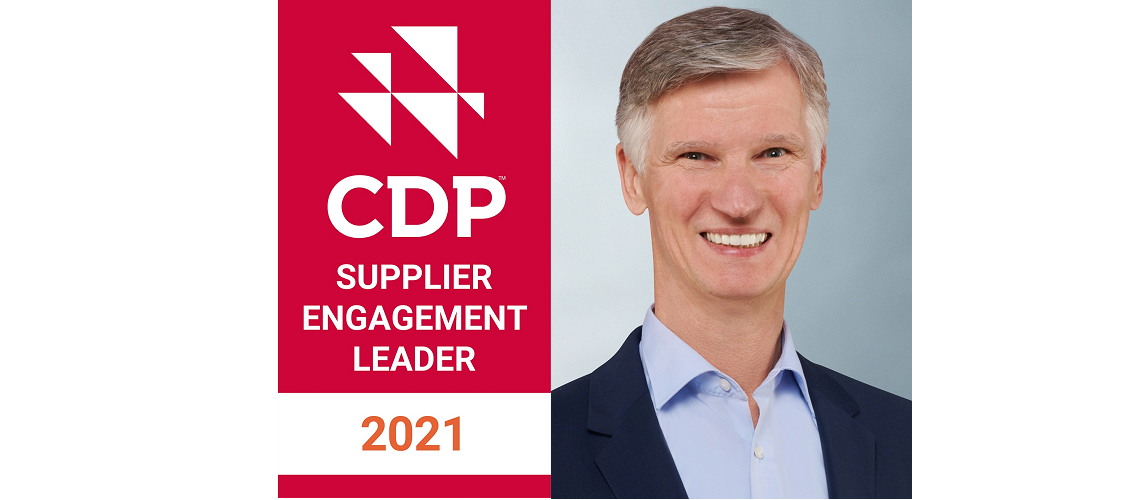For the fourth consecutive year, Continental has received the highest ranking from the international Carbon Disclosure Project (CDP) as a world leader in the application of sustainability measures and strategies (“Supplier Engagement Rating”) for its work during 2021.
The assessment is based on data provided by the subject companies on corporate governance and Scope 3 emissions, as well as supply chain management as a whole. CDP pays special attention to strategies and measures that contribute to making environmental risks and emissions measurable throughout the value chains in order to minimise them.
This recognised Continental’s holistic approach of working closely with its suppliers to achieve comprehensive improvements involving as many stages of the supply chain as possible.
“We study the entire value chain of our products, from material sourcing to recycling. Only in this way can we achieve truly sustainable supply chains that conserve resources while supporting important climate protection goals. Continental’s goal is to achieve fully sustainable supply chains by 2050 at the latest,” said Claus Petschick, Director of Sustainability at Continental Tires.
“We are involved in many projects and initiatives to integrate suppliers into our supply chains. Innovative technologies and digitisation are the main tools we use to make environmental risks transparent and reduce them within our complex supply chain.”
The projects of the Tyres business area show a holistic approach to sustainability
To minimise environmental risks and emissions in its natural rubber sourcing, Continental has defined clear responsibilities and obligations for all parties involved in its sourcing policy.
Continental also employs third-party partners to evaluate its suppliers based on verified self-reports. For example, since 2017, Continental has been working with EcoVadis, the world’s leading provider of sustainability ratings for global companies and supply chains.
In other projects, such as the collaboration with the German development organization Gesellschaft für Internationale Zusammenarbeit (GIZ), the company has been promoting. since 2018. a digital system for the traceability of natural rubber from the region in West Kalimantan, Indonesia, in Borneo.
By optimising the supply chain and providing training on the sustainable cultivation of natural rubber, smallholders can increase quantities, quality and yields, thus improving their income. A farming strategy based on sustainability also avoids logging and deforestation, conserving valuable resources.
Following the success of the pilot project, the number of smallholders integrated into the main project is expected to increase from 450 to around 4,000 by 2024.
The use of sustainable raw materials for the manufacture of tyres and the commitment to their production and processing have long been one of Continental’s top priorities. In this way, Continental and its partners are intensively researching in Anklam (Germany) the industrialisation of the use of dandelion for the extraction of natural rubber.
In the future, the goal is to be able to grow some of the necessary natural rubber close to the company’s own tyre factories to reduce CO2 emissions caused by long transport routes and conserve valuable resources.
The use of sustainable raw materials also includes the use of recycled polyester from recycled plastic bottles, which Continental is currently introducing in the series production of its tyres, as well as the use of silicate from the ashes of rice husks, an agricultural waste product.
Plant-based oils and resins also reduce the proportion of crude oil-based materials that already exist.
Continental’s goal is to use 100% sustainably produced materials in its tyre products by 2050 at the latest.
Continental has been involved in annual reporting and climate protection data disclosure for the CDP assessment for more than ten years. In addition to the top rating for supply chains, the company received a “B” rating for its efforts in the area of climate change mitigation. In the sustainable water management category. Continental’s stock and data also earned a “B.”




















